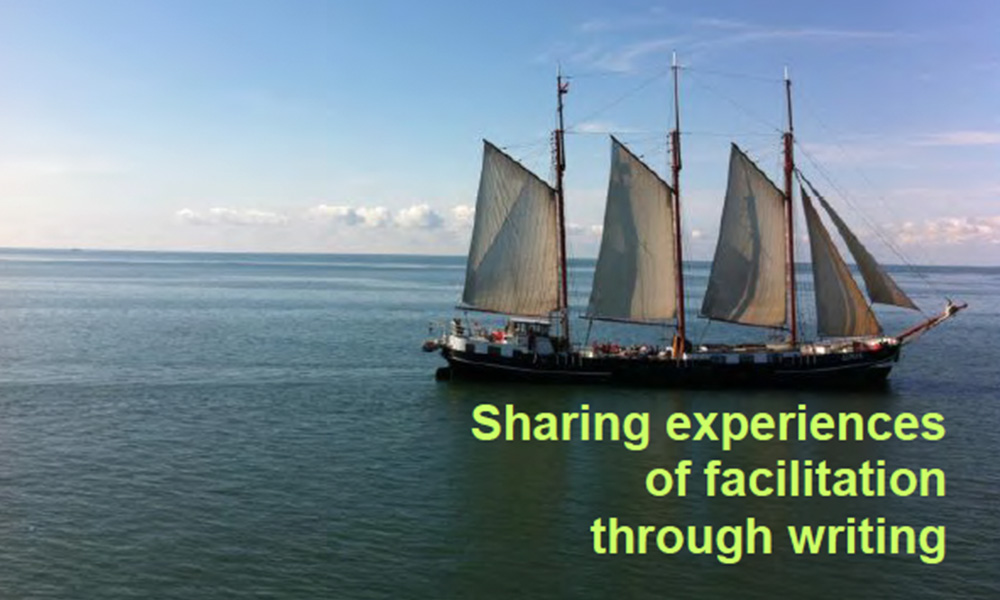The organisational impact of facilitation skills
An article by Bella Mehta
I am one of the several original co-founders of the Association of Facilitators (AoF). Our offering grew out of the humanistic psychology movement, in particular the work of the Human Potential Resource Group at Surrey University, the emergence of Facilitation Styles training, and the integration of Gestalt approaches into organisational development.
This article attempts to describe the principles of facilitative working that seem to generate a positive impact within organisations. I do not intend to dwell for too long on what a facilitator is, does or should do. This is brought to life more clearly in writing elsewhere (others’ and our own – AOF), our training course offerings, and is well-represented by AoF’s competency model, FACETS®, developed by my AoF colleague and co-founder Brian Watts.
The principles I write about have emerged over years from organisations and groups as ‘figures of interest’, telling us what we do that has impact for them personally, for their team, for their organisation and in their wider life. These themes, arising from feedback, seem to point clearly to what is often missed in (or missed out of) working life. So, with my essentially positive, optimistic and humanistic proclivities, I believe that these themes have great potential for us to create human-centred places of work.

